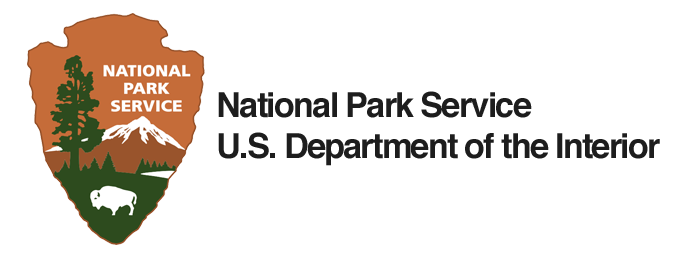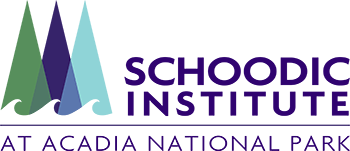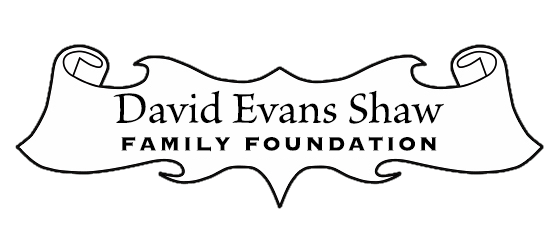Second Century Stewardship staff and fellows recently participated in the Ecological Society of America’s annual meeting in Louisville, Kentucky. The gathering of some 3,000 participants was an opportunity to share Second Century Stewardship research and promote #ParkScience.
Staff from SCS partners Schoodic Institute and the National Park Service hosted two workshops to help scientists communicate with and engage managers and the public. In the three-hour workshop Apply Your Science by Engaging and Communicating with Resource Managers, we discussed how to connect with national parks, learn about research already happening in parks, and develop relationships with resource managers. We provided an overview of science communication, and worked with participants to refine their individual ideas and plans for communication and engagement.
For the second workshop, Including Citizen Science in your Research, Schoodic Institute and NPS staff were joined by SCS Fellows Allyson Jackson and Caitlin McDonough MacKenzie, who both have experience working with volunteers to collect data, and Citizen Science Association Director, Jennifer Shirk. Workshop participants learned hands-on strategies for incorporating available citizen science data into their research and ways to engage volunteers in their science. We went out into the city, did model citizen science projects (an urban-park mini-bioblitz and measuring urban trees), and discussed best practices for different types of projects from the perspectives of scientists and volunteers.
During the rest of the conference, two of Allyson Jackson’s undergraduate students presented results from their work in Acadia National Park. Jackson also presented on her mercury research in Acadia and on the importance of citizen science as a strategy to enhance inclusion in parks. According to Jackson, the diversity of her presentations and workshops demanded that she use all the tools gained from her Second Century Stewardship training. “The Second Century Stewardship fellowship allowed me to move from burned-out Ph.D. to working in new ways with new people, and get excited about science again,” she said.
Caitlin McDonough MacKenzie also presented on inclusion in parks, highlighting the role of women scientists and the Wabanaki people who preceded her in studying Acadia’s landscapes. She also co-organized a session on Plant Love Stories, probably the most dynamic and energetic session of the meeting, which also featured Second Century Stewardship communications workshop presenters Skylar Bayer and Jacquelyn Gill. This session even got mentioned in the conference plenary—bringing “love” to science. (Plant Love Stories in an ongoing project that McDonough MacKenzie co-founded.) McDonough MacKenzie also co-organized a lunch workshop, “#MeToo In the Sciences: Your Rights and Options When You’re Being Harassed Because Of Your Race, Gender, Religion, Or Disability Status.”
Both Jackson and McDonough MacKenzie carried the messages of Second Century Stewardship to their audiences, and supported the conference theme of inclusion as an ecological imperative. Their work provides excellent examples of the type of science, communication, and engagement that SCS aims to facilitate.



